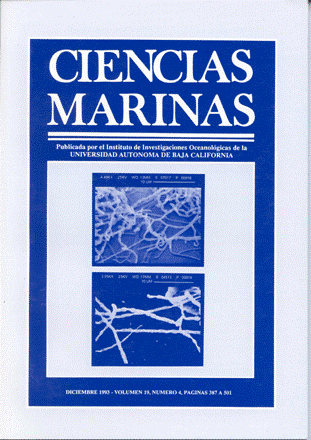Acid fish silages. Effect of preheating and addition of phosphoric and citric acids on the biochemical quality
Main Article Content
Abstract
Whole mackerel (Scomber japonicus), without head or spinal bone, were ensiled. In order to observe the preservative effect, two different acid mixtures were used: conventional sulfuric-acetic and phosphoric-citric. To establish the degree of hydrolysis caused by the endogenous enzymes from the fish, enzyme activity was reduced by heating the fish mixture at 60ºC for five minutes, before acid addition. Samples were taken for analysis during 90 days. The pH was stable in all groups throughout the experiment. In the preheated treatment, enzyme activity was lower and the silage more stable, with less percentage of liquid and lower amounts of soluble protein and free amino acids. After 60 days of storage, an increase in total volatile bases was observed in all products, corresponding to the beginning of a decomposition process, probably due to the high temperatures registered during the experiment. It is concluded that the preheated treatment has advantages in comparison to the other treatments, due to the lower hydrolysis which gives lower amounts of soluble protein and free amino acids.
Downloads
Article Details
This is an open access article distributed under a Creative Commons Attribution 4.0 License, which allows you to share and adapt the work, as long as you give appropriate credit to the original author(s) and the source, provide a link to the Creative Commons license, and indicate if changes were made. Figures, tables and other elements in the article are included in the article’s CC BY 4.0 license, unless otherwise indicated. The journal title is protected by copyrights and not subject to this license. Full license deed can be viewed here.

